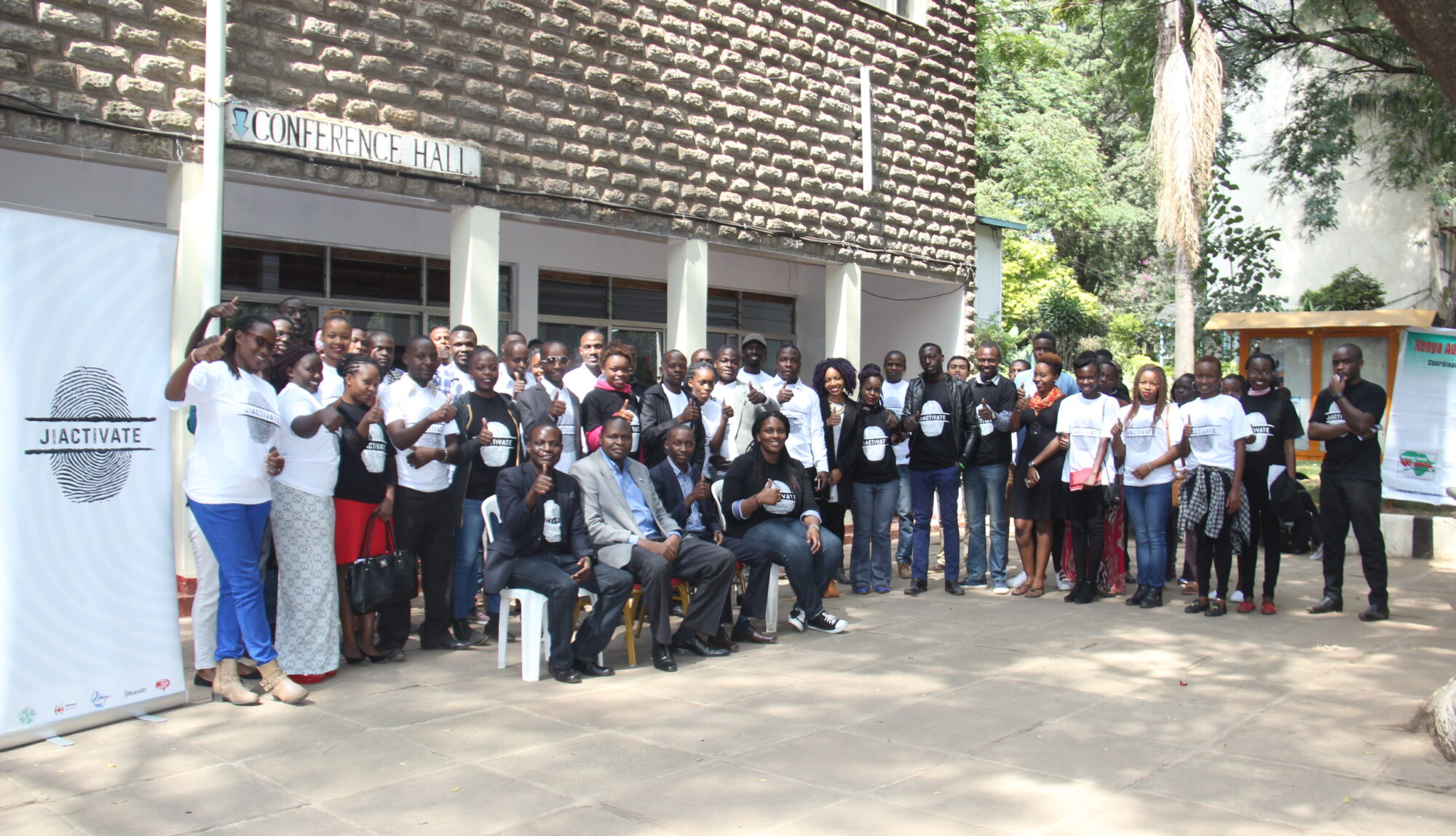Planet Earth got a chance to breathe and recover during the Covid-19 lock-down, but what else happened?

The onset of Covid-19 saw a great shift in the daily routine of normal human lives. Nations across the globe shut down to reduce the spread of Covid-19. World Health Organization, WHO broadcasted the sure practises of combating the spread of the pandemic among them, maintaining physical social distancing. To effect this advice governments, closed learning institutions, non-essential services, and effected the stay home orders to save lives and slow down the spread of the dreaded Covi-19 virus. As all human movement was possibly being shut down, Mother Nature was slowly starting to “smile”. Green House Gas emission was slowly reducing. China saw a reduction of about 50% of carbon monoxide and nitrous oxide gasses as heavy production industries shut down. With a reduction in tourist motorboats and pollution, water in Venice’s canals started running clear (Caine, 2020). Sound pollution resulting from everyday human activities declined. Natural resources and tourist attraction sites such as sandy beaches, saw a reduction in the plastic waste disposal.
On the other hand, what we did not know is that with all the positives came major negative effects of the lock-down on the environment. To protect one-self from contracting Covid-19, disposable masks were advisable. Before persons started using reusable cloth masks, they wore and disposed-off clinical masks, some randomly in open places. Front-line workers were advised to trash personal protective equipment (PPEs) to prevent risks of transmission. As a result, more PPEs were produced. Plastic based PPEs led to an increase in use of plastic (Singh et al., 2020). Mass testing was advised to trace and track the spread of the virus. Collection and testing of specimen from suspected patients resulted to generation of large amounts of biomedical waste and other medical items like gloves, and swabs from hospitals. Local garbage collection and disposal authorities found handling this kind of waste challenging. With more people staying home, doing their own house cooking; some for 3 or more meals a day and others increasing their online shopping, that come with wrappers, there was an increase in domestic garbage. Closure of recycling plants meant reduced garbage collection and recycling hence land pollutants surged worldwide. The increased use of chlorine water to clean and disinfect public areas such as spraying streets might lead to generation of other harmful effects to people if water treatment measures are not taken seriously (Zambrano-Monserrate et al., 2020)
What can we do to save Planet Earth from Climate Change?
Despite the challenges, the positives gave the world a chance to experience change that can help save Planet Earth from destruction. Just as the globe unites to fight the spread, source and administer a vaccine for Covifd-19, so should humanity unite to prevent climate change. According to a publication by NCBI some of the ways humans can lead environmental sustainability include;
- Use of renewable energy
- Behavioral change in daily lives
- Use of green and public transport
- Waste treatment and reuse
- Sustainable industrialization
- Ecological restoration and ecotourism
- International cooperation to meet sustainable environmental goals
“Look after the natural world, it is the most precious thing we have and we are a part of it” Sir David Attenborough